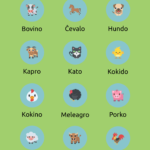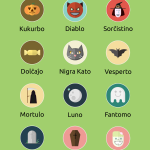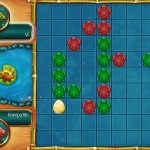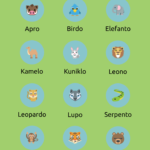A common myth about Esperanto is that it doesn’t have any native speakers. After all, why would a constructed language that isn’t the official language of a country have any?
However, it’s simply not true. Esperanto has an estimated 2000 native speakers (denaskuloj) throughout the world. In many cases their parents met at an Esperanto event such as the World Esperanto Congress or the International Youth Congress of Esperanto. When their child or children were born, they decided to teach them Esperanto alongside their other native language(s).
What is a Native Speaker?
A native speaker is someone who learned a language fluently during their childhood. For example, if a child learned English from their father and Japanese from their mother then they are a native speaker of both languages.
With this definition in mind, constructed languages such as Esperanto can have native speakers despite there not being an Esperanto speaking country. There has even been a native speaker of Klingon!
Do native Esperanto speakers have an accent?
You might be wondering what a native Esperanto speaker’s accent sounds like. The video below contains short interviews with several native speakers from different countries.
As you can hear from the video above, native speakers of Esperanto tend to have their pronunciation influenced by their other native language(s). Also, because there is currently nobody who speaks only Esperanto and no other languages (monolingual), we don’t know what a true native Esperanto accent would sound like.
Do native Esperanto speakers have an unfair advantage?
Some Esperantists may say the idea of a native Esperanto speaker is ‘Kontraŭ Fundamento’ (against the principles the language was created on). Esperanto was created with the goal of being a neutral language that the entire world spoke as their second language and that nobody would have an advantage speaking it over anyone else. However, if substantial amounts of people spoke it as their native language instead of having to learn it then this could affect its fairness.
On the other hand, many Esperantists would say that the language is part of their family and culture. Therefore, teaching them the language is as normal as teaching your child about anything else that is a major part of your life such as hobbies and interests.
If you would like to know more about native Esperanto speakers, then read this Reddit AMA (ask me anything) by several native speakers or this video by Evildea about a study of native Esperanto speakers.



